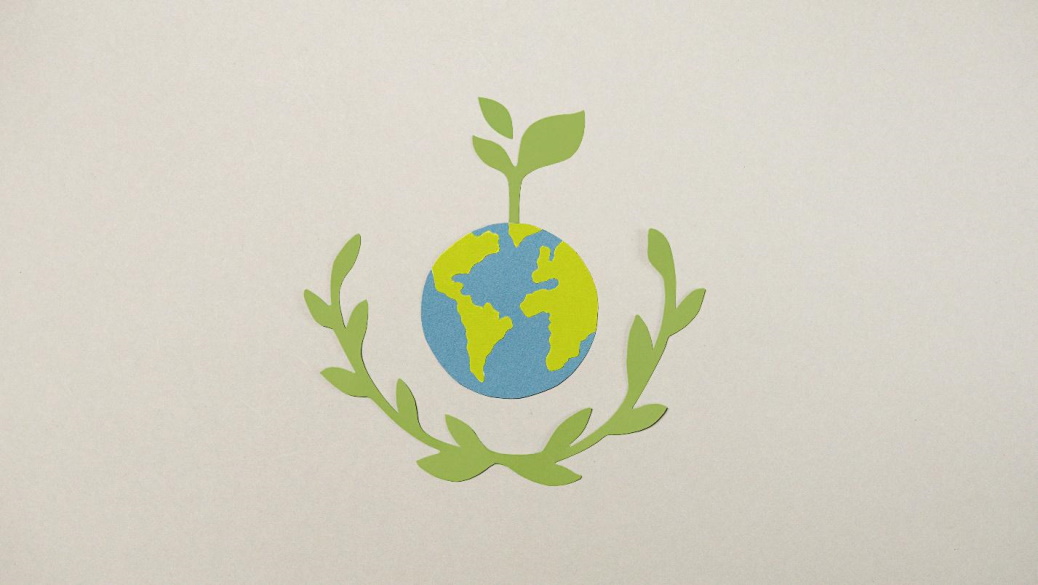Impact of CSR on Customer Retention and Loyalty

Many organizations see corporate social responsibility as a vital component in their customer retention and loyalty strategy, whether it's a large company or a small business.
In fact, a study by Cone Communications showed that 87% of consumers would be likely to continue doing business with a company whose social and environmental policy they agreed with.
If your company isn't actively engaged in CSR, you're likely missing out on some key opportunities to retain customers and grow your bottom line.
A Quick Overview of What CSR is:
Essentially, CSR is the proactive effort of a company to do good in the world - whether it is a go-green initiative, a commitment to fair trade practices, or a donation to a local charity.
Corporate social responsibility was often seen as a nice-to-have rather than a necessity in the past. However, there has been a shift in the way consumers view businesses and their practices in recent years.
A company that actively engages in CSR is seen as more trustworthy, reliable, and responsible - all critical factors in customer retention.
The Importance of CSR in Today's Business Dynamics:
As the world evolves, so do the expectations of consumers and businesses. In today's business landscape, it's no longer enough to simply provide a good product or service - customers also want to know that their purchase supports a company with values that align with their own.
Fortunately, corporate social responsibility provides a way for businesses to give back to the community, support important causes, and positively impact the world.
How is Customer Retention Linked to CSR?
A business thrives or fails based on its ability to retain customers. For a company to keep its customers, it must first build trust and rapport.
Encouraging and maintaining customer loyalty requires a company to establish a connection with its customers. And one of the most effective ways to do this is by engaging in CSR.
When a business demonstrates that it cares about more than just profits, its customers are more likely to develop a positive emotional attachment to the company.
Take the shoe company TOMS. When TOMS committed to donating a pair of shoes to a child in need for every pair sold, it made the customer feel like they were partaking in a good deed simply by making a purchase.
It encouraged customers to continue buying from TOMS and created brand ambassadors who would go on to promote the brand to their friends and family.
Another example is Toms Roasting Company, which sources its coffee beans from farmers who are paid a livable wage and provided with quality healthcare. By ensuring that its farmers are treated fairly, Toms Roasting Company has created a strong sense of loyalty among its customers.
What's to Learn:
It's evident that CSR can have a positive impact on customer retention. But how can your company get started with its own CSR initiatives?
There are a few key things to keep in mind:
-
Your CSR efforts should be genuine and align with your company's values.
-
Your customers should be able to easily see and understand your CSR efforts.
-
Your CSR initiatives should be sustainable in the long run.
Once you clearly understand what CSR means for your company, you can start brainstorming ways to get involved.
Some ideas include:
-
Partnering with a local charity or nonprofit organization.
-
Implementing environmentally-friendly practices in your office
-
Offering fair trade products.
There's a Connection Between CSR and Customer Loyalty
A study by Nielson found that 66% of consumers are willing to pay more for products and services from companies that are committed to social and environmental responsibility.
This demonstrates that CSR is important for customer retention, but it can also be used to attract new customers.
The study also found that customer loyalty is highest among those who feel a strong connection to the company's CSR initiatives.
IKEA and CSR to Build Customer Loyalty:
Have you ever noticed the footfall at an IKEA store on the weekends?
IKEA is not only famous for its low prices but also for its sustainable practices. The company sources its wood from responsibly managed forests and uses recycled materials in its products.
It also encourages customers to recycle their old furniture by offering a discount on their next purchase. IKEA's commitment to sustainability has made it one of the most beloved brands globally, and its customers are fiercely loyal.
Starbucks Isn't Far Behind:
Another good example is Starbucks, the largest coffee chain in the world.
The company has a long-standing commitment to ethical sourcing and sustainable practices. It was one of the first companies to offer fair trade coffee, and it continues to support farmers through its Starbucks Farmer Support Center.
Starbucks also offers customers the option to recycle their used coffee cups.
These initiatives have helped Starbucks build a loyal customer base passionate about the brand and its values.
Takeaway:
Customer loyalty and retention can spin the wheels of success for any business. The world has seen several examples of how customer loyalty can make or break a business.
Businesses need to understand that customers buy not only products and services but also the values that a company stands for.
By engaging in CSR, businesses can create an emotional connection with their customers and instill a sense of loyalty that goes beyond transactions.
So, what are you waiting for? It's time to start thinking about how your business can give back to the community and make a difference. Your customers will thank you for it!

